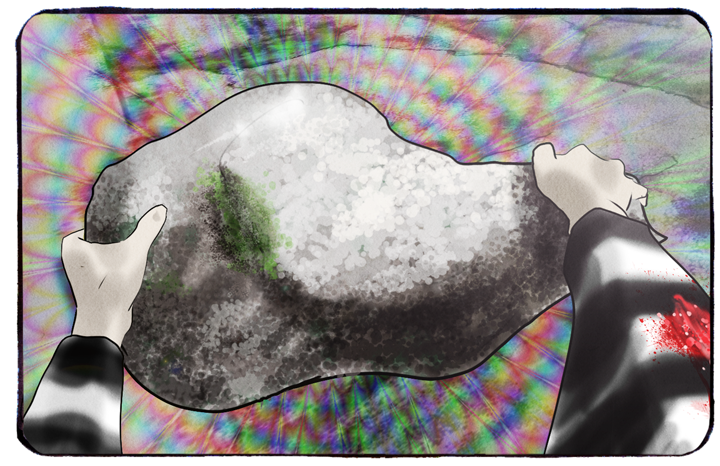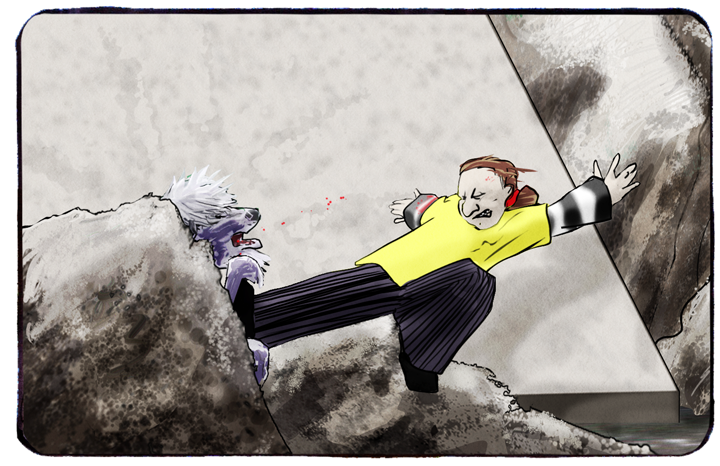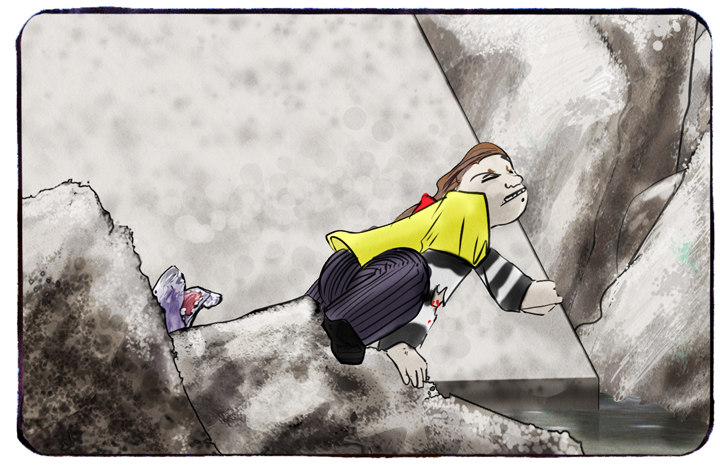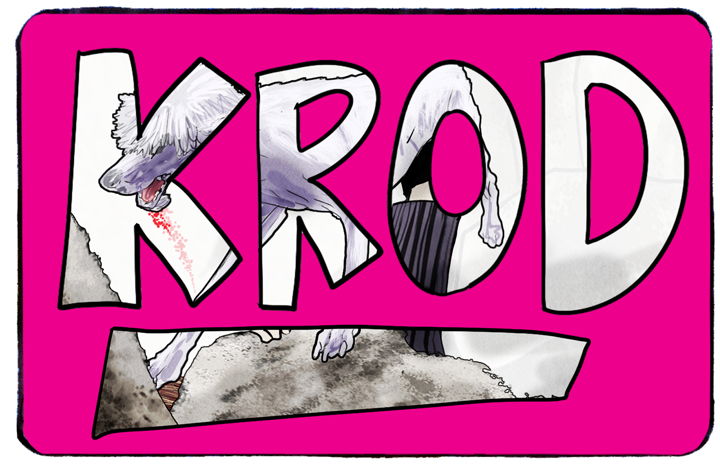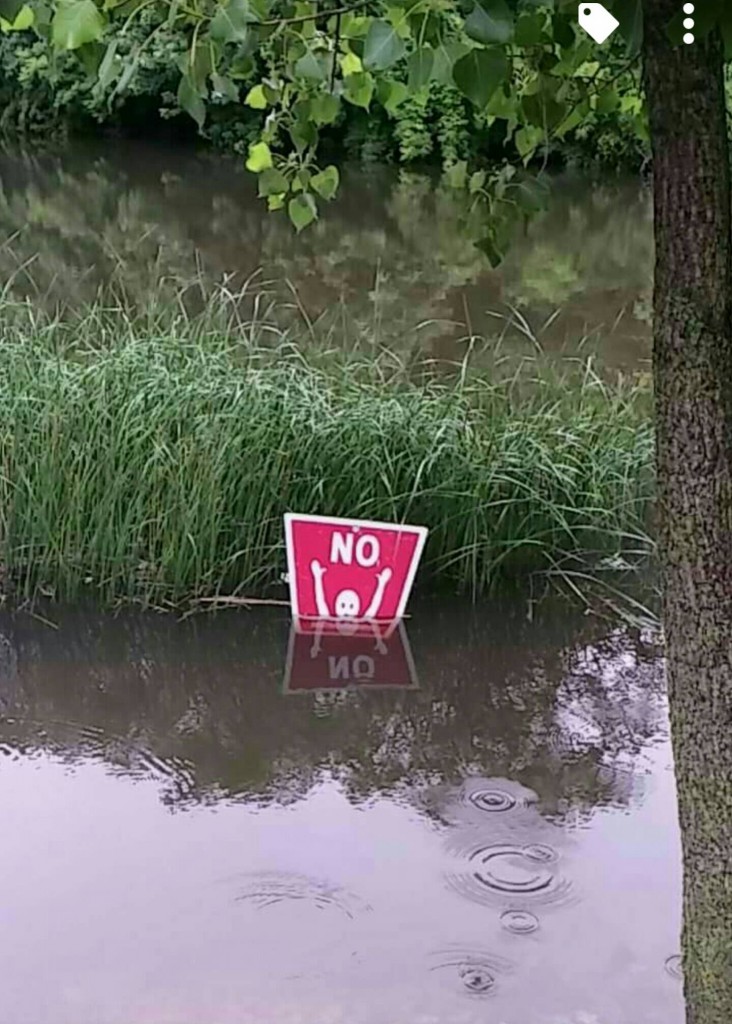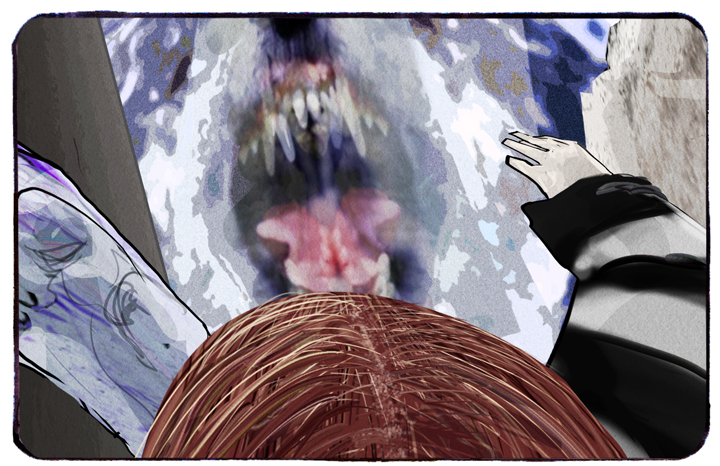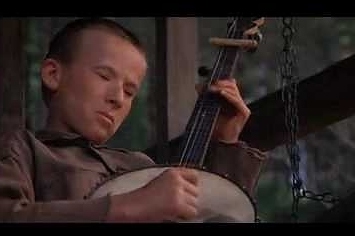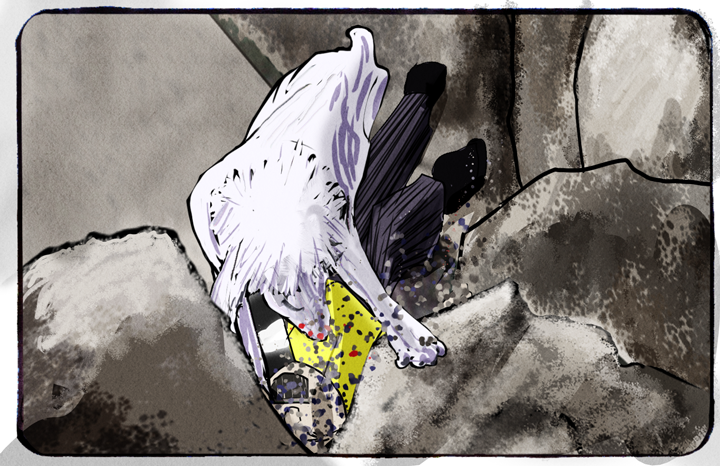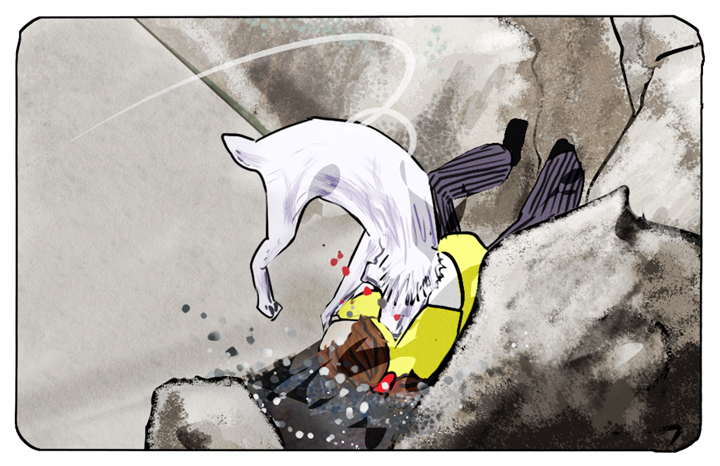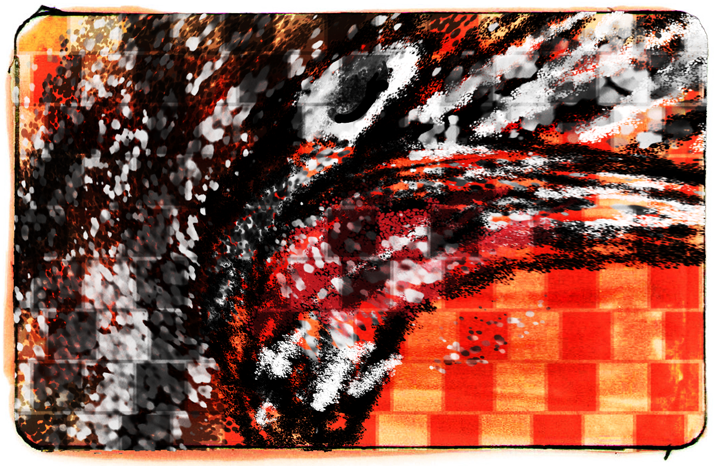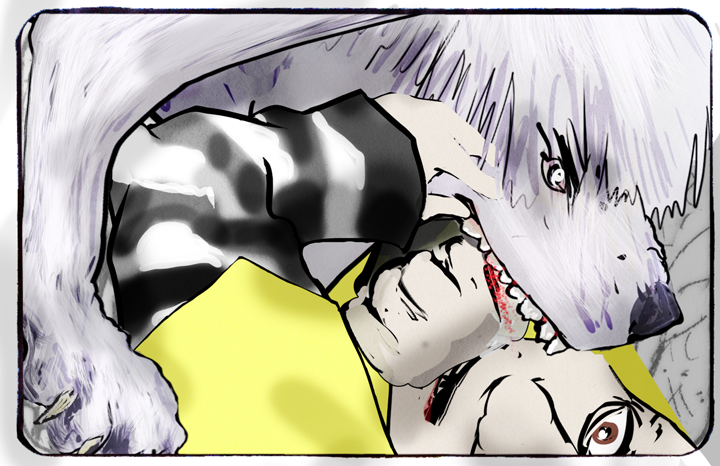Archive for ‘August, 2015’
For the last month I’ve been working on a comic assignment I like at a rate of pay that I find acceptable. We’ll see how the next six months go, but all I have to do is turn out a good comic on a decent schedule and I’ll be doing alright.
The negative feelings that come with the prospect of career success and financial compensation are astounding. All I have to do is touch the pencil to the paper and I’m overwhelmed with feelings of regret and self-doubt. Do comics matter? Who am I, an adult, to risk my child’s future on this financial foundation? What if I make a really good comic and it just fails at a slightly higher level than the one I’m used to?
Doesn’t matter. I’ve been making comics for a while now, and I know how to make a good comic. These guys paid me for it, and I like the script, and they’re letting me do it right, so they’re gonna get a good comic. Maybe after this one there will be another one.
A really good friend of mine died ten years ago, around about today or so, and I think about her often, about the accidents of fate that allowed me to keep going when she had to stay in the past. It would be nice to do things in a way that, I dunno, carried on her dream. Is that too much to ask?
Why is it important to turn life into comic books? Because maybe if the problem with us is in our heads, maybe we can think our way out of it. Comic books catch people when they’re young, when their guard is down, when they’re ready to see things another way. It’s not as good as going to Africa and building schools. That’s what my friend did. But ya gotta have the books to put in those schools, right?
Right?
Meanwhile, Tex is growing up great and I get paid to sit here with my drawing board and watch her go humming around the house, bumbling around and getting taller. Gewel’s mother is coming to stay with us for a while, maybe a long while, and my happy little kid is going to get to know her grandma. Life’s going on. I got to stay with the part of life that went on, and it’s grand.
A lot can happen while you’re staring at a piece of paper.
Me: Alright, future, I want a mattress.
Future: What, you just want a big chunk of soft material?
Me. Yeah.
Future: And it doesn’t do anything? It just lies there on the ground and is soft?
Me: And rectangular.
Future: Here you are we already delivered it to your door it cost one tenth what a normal mattress costs and it’s like sleeping on a cloud made of boobs, why are we still talking about this?
I guess there is such a thing as Native American privilege too (also f. 263)
by Geoff on August 17, 2015 at 0626(This post may make more sense in conjunction with this post: http://www.unnecessaryg.com/blog/?p=1250 and this post: http://www.unnecessaryg.com/blog/?p=3347 )
Someone expressed a point of view that I am sure many Lakota and other native Americans felt during the argument over the Gathering, and I’m responding to it directly.
I hope to show that the history of the Native Americans is much, much too complicated and difficult to be amenable to any one form of inquiry, and that certain assumptions are based in their culture. I refer to this comment:
“the reason why some Indians have last names such as Brown ,or in your case White, is the Government after “giving” the tribes their Own reservation went down the line giving them last names.OK ,your black ,your brown,your White.etc. To strip them of their identity.Second if you can’t trace your blood to a tribe within one generation,your not Native. Native ways are kept secret for a reason.”
This represents the point of view of a surviving Native American tribe, almost certainly one on the western half of the continent. When applied to the history of the entire continent, it is not only incorrect. It is somewhat insulting to a large number of people.
I’m from the eastern half of the continent. For the natives of this area, reservations were not an option. They encountered the European invasion much, much too early to be able to forge even that level of detente. More importantly, they encountered European diseases much too early to survive. Although we do not yet have a clear picture of the devastation inflicted by smallpox and other Columbian diseases, it’s fair to speculate that the 90% death rate for the entire continent may have gotten closer to 100% near the points of contact on the Eastern seaboard. Without digressing into statistics too much, the difference between a 90% death rate and a 99% death rate is the difference between entire families and entire cultures dying.
After enduring the single worst disease event in human history, the natives of this side of the country were doomed. There was no resisting these sickly, pale things that crawled off of the ships, and perhaps the only mistake the natives ever made was in teaching them how to survive. The smallpox-syphilis exchange was no-one’s fault.
Now, I know my personal ancestry is going to come into this conversation at some point, and I do intend to address it. But I have to point this out and make it clear — to the best of my knowledge, I share no ancestry whatsoever with those early settlers. The parts of my personal biological history that are not silent were most emphatically not among the early adopters of the trans-Atlantic slave trade; in fact, the people sent over as “conquistadors,” “settlers,” “Pilgrims” and “indentured servants” were possibly the people that my ancestors were the most relieved to see gone. Europe did not send its best or its brightest over, especially at first.
Now, since we’re talking about approximately the year 1600, I would have had approximately 30,000 grandmothers and exactly as many grandfathers alive at that time. I am aware of the location of approximately ten of them, and only know two by name. It boggles the mind to believe that none of those 30,000 were Native Americans, but I’ll get to that in a minute.
I mentioned the part of my biological history that was silent. That’s important. The history of the Native American on the eastern side of this continent is largely silent. Sure, they were silenced by death — but every voice from 1600 is silenced by death. The history of their people was silenced by dying all at the same time, by not being able to nurture their progeny to remember them, by not being able to defend their cities and their homes. They were further silenced by the abominable racism of the early European invaders, and in case you’ve never seen this written out, or if it’s never crossed your mind, then yes. The answer is yes. The early Europeans invaders were absolutely among the most dreadful people that this species has ever produced. They are the champion all-time mass murderers.
They were driven mad by the smallpox-syphilis exchange, that killed two continents and made a third insane, and they came to America in possibly the greatest orgy of blood and horror that the world has ever known. Two entire continents worth of people died because of them. They persecuted and enslaved and committed pure raw bloody rape and murder on those who survived. When that was over, they kidnapped millions of Africans and dragged them over and did the same thing to them. The fact that they have not yet done it to themselves, and that no one else has done it to them yet, is proof positive of the glacial unfairness of life and the miraculous ability of the rest of the world to forgive.
Only one continent has killed three other continents. This is an unmistakable fact.
Many of those people who did that happened to look like me. Although the known part of my personal biological history does not include them, it is undeniable that they looked like me and I am inheritor to their excesses. The parts of my ancestry that I know stayed in Europe until far too late (if they could have or would have helped, I don’t know), and the parts that I don’t know could be anywhere. I don’t know any way to know when the first part of my blood touched this continent, although, as I mentioned, I strongly suspect that some of it must have been here all along.
Hard to know, because so much of history is silent.
Especially on the East Coast. At least 90% of them died before they even got the chance to meet a European, and then the European man and woman (who was just as responsible for this as the man) enslaved them, attacked them, pushed them away from their homes and took their history and threw it in the dirt. The Europeans (and it’s tough not to say “we” here, because I am definitely part of and reside within the culture they built here) took their history, but they didn’t keep it. They destroyed it. It’s just gone. We just don’t know anything about them. In the Red River Gorge of Kentucky, which is where I grew up, Indian tribes had been living so long that archaeologists suspect they independently developed agriculture there. But we don’t know the names of a single one of them. All we can do is look at the sandstone walls where something must once have been written, long ago, before the Europeans gave them diseases and drove them off and cut down all the trees and hollowed out the cliff houses that once were their homes.
Kentucky comes from the word Eskippakithiki, the name of a Shawnee encampment only a few miles from where I grew up. There is nothing there now, it is only a big field with a road running through the middle. Most people don’t know that that particular field even has a name. I know quite a few people who are mostly, or maybe even all, Shawnee. They all have English last names.
Now, me personally, I’m from New Jersey. My parents met in New Jersey, their parents lived in New Jersey. In the case of my mother’s mother, also from New Jersey, both her parents came over from England, so that part of my ancestry’s really easy to figure out (and it’s also the only part that can be traced back to the 1600s).
In two generations in New Jersey, my family managed to become both Italian (my aunt married into a strongly Italian family) and Jewish (as it turns out, we had been Jewish all along, because my mother’s mother’s mother was Jewish. Even though she lived her life completely as a gentile and to the best of my recollection was Christian, she was “ethnically” Jewish, which means that we are too (Judaism is apparently traced through the mother), and the only reason we know that is because we hung around New Jersey long enough to figure that out).
I’m sure you’ll agree that my preceding example illustrates that cultural diffusion is both immediate and complex.
It is immediate. I grew up very close to where Daniel Boone lived, at Boonesboro, the first outpost of European culture on this side of the Appalachians. Daniel Boone was noted for the ease with which he lived with the Shawnee. He absolutely had Shawnee wives, and most likely had Shawnee children. He also had European children, some of whose descendants I know quite well.
On July 14, 1776, Daniel Boone’s daughter almost certainly ran away with her Indian boyfriend. Most people think she was kidnapped, but I’ve read the testimonials from the pursuit party, and it’s patently obvious what happened: one of the Callaway girls was pregnant with an Indian’s child, and the three ran away with the Shawnee, and Daniel Boone tracked them down and murdered their boyfriends. All three of those girls were married off within days of returning home.
So this brave girl had a Native-European child in 1776, the very first generation of contact. But I bet you anything that that child was raised as white as white could be. So half her personal biological history is silent.
Direct preservation of identity, of history, was not possible on the eastern half of the continent. Some survivors chose to adapt.
The Red River Gorge is an enormous, wonderous valley in Eastern Kentucky that stretches all the way to the eastern edge of the state.
It’s sort of like the Grand Canyon, if the Grand Canyon was covered with trees.
The cliffs above it are thickly forested and deeply crenellated, and there just aren’t many roads that way. There’s only one way in or out — straight up the banks of the river. It’s always been that way. There’s a whole world up there, and it’s not real tame. Before the invention of the airplane, it only had one entrance and exit.
That’s why Eskippakithiki was put where it is — because that’s the mouth of the canyon. Good place for a trading post.
Eastern Kentucky is full of enormous, isolated canyons like that, but the Red River Gorge is my favorite.
We don’t really know how the people who lived up there lived or died. We know there was continuous occupation for thousands of years. I suspect that they mostly died of disease — I suspect that the canyons of Eastern Kentucky were no better for genetic heterogeneity of the natives than they have been for the Europeans.
I bet that everybody who lives in a canyon ends up mixing blood, and when a terrible disease comes through those are the populations that tend to suffer the most.
I suspect that after the smallpox came through, they were ghost towns. The population fell well beneath replacement levels, and the cities fell where they stood. The survivors probably saw those canyons as haunted — this may be part of where the legend that Kentucky was a “dark and bloody ground” came from. This may be why Eskippakithiki was established where it was, where no other native settlement had been in memory, but still there long before Daniel Boone saw it.
Into this vacuum stepped a people known as the Melungeon. The Melungeon were a combination of Indian, black, poor white, and anybody else who wanted to avoid the rampaging assholes down on the plains. They went way up in a valley or two (sorry, don’t know which ones), and did whatever the hell they wanted to for hundreds of years. When people asked them if they were black or white or Indian, they just said, “We’re Portugese.” And that settled it, and nobody bothered them much.
In the process, they intermixed with a lot of settlers from Boonesboro and now they all have European last names. I’m friends with one family of Melungeon descent with the last name of White. I’d bet at some point in their family history, somebody wanted other people to think that he, and his kids, were white.
But we don’t know for sure.
Because history is silent.
So I guess that this is the Native American privilege that you expressed. That all natives survived long enough to make it to the reservation. That you get to know your own history.
It bothered me, because during this recent argument over the Gathering I read so many native commentators accusing people of not being native American. And that bothered me, because I know many, many people at the Gathering who were part of one tribe or another, or descended from one tribe or other. And I know the history of this continent, and I know it is complex. I’ve always been under the impression that Native American was the second-biggest ethnic group in the Gathering, but I’m not sure. Because it’s pretty rare for anybody to make a big deal about their ethnicity. And when they’re wearing the same clothes, Native American and Americans look about the same. I can’t just look at somebody and tell what kind of Indian they are. We aren’t color-coded like that.
Me, half my history is well-known. I can trace my mother’s mother and my father’s father back for a long, long way, way back before their post-Civil War appearance on this continent, way back until they disappear into ancient Europe. The other half, nobody knows. My mother’s father’s father was adopted, their life was scattered, they can be described as nothing other than “New York City.” My father’s mother’s parents likewise assembled themselves mysteriously, one from a woman named Sarah Brown who somehow appeared in Kansas, her father was named John but he was a different John Brown, not the abolitionist one. There’s no pictures, he could have been from anywhere. The other side of her parentage was a man who came from Iowa and didn’t care to talk about where he came from.
In my experience, when people don’t want to talk about something, there’s generally a reason.
It boggles the mind to think that I have no Native American ancestry. I have had ancestors on this continent for at least a hundred and sixty years. That’s sixteen grandfathers and sixteen grandmothers, and I only know the names of three or four of them, and the only thing they all have in common is that they ended up in America.
Racism’s best trick is in making people ashamed to be themselves. If any one of those thirty-two ever felt that they were anything other than white, they didn’t mention it. And now, a hundred and sixty years later, nobody knows.
So when you accuse an entire group of people who are really seriously interested in their own Native American history, the history of the land that they belong to since they have never been anywhere else to belong to, the history that is silent because one half of their ancestry tortured the other half of their ancestry to death, you’re not helping.
You’re dismissing the people inside the group who really are exactly what you demand — traceable to a documented Native tribe within the first generation. You’re telling them they don’t exist, which is never fun to hear.
You’re telling all the rest, with the voice of authority (because we really do respect you, and we are listening hard to hear our own heritage, and your voice is very loud), that we are not of this place. That we are only invaders. That part of our blood doomed the rest of our blood, and there is no reason to look further or listen harder. That the silent history of our home must remain silent.
Look at what you’re telling me. I’m by no stretch of the imagination native enough for you. You have no interest in having me around when you want to talk about “Native American ways.” You have nothing to teach me.
All these things that I have learned, a lifetime of listening and studying and looking. They mean nothing to you.
I could tell you a lot about your cousins who lived in the Red River Gorge. I would rather they could speak for themselves, but they can’t. I’m here.
Karl Marx’s first big job was writing about the American Civil War. As it happened. Socialism had been around for a long time by then. Marx hadn’t written Capital yet.
In a roundabout way that I can’t really explain, this confluence of circumstances is how we got to where we are right now. We can’t talk about Karl Marx without talking about the Civil War, and we’ve spent a hundred and fifty years not talking about the Civil War (to the point of letting nonsense like Gone with the Wind through), and it’s easier to just tie this to our national belief system of Capitalism and declare Marx to be the Anti-Capitalist who therefore Must Not Be Read.
Who cares what the primary contemporary European commentator on the Civil War said? He drew economic conclusions that we didn’t like. It’s all discarded.
And therefore all European intellectual insight into our most profound crisis is banished. We don’t have to think about it.
Pretty convenient.
The question is whether Tron is a story about a place that is not what it seems to be, or a place full of people who cannot be what they are. Either way it leads to a lot of hackneyed fight scenes, and that’s what I find fascinating. Here we have people who are clearly not where they say they are. There is no part of your computer that does that.
And all they can think to do is fight. They fight for each other’s amusement. With the addition of Tron Legacy to the canon, which does a wonderful job of elucidating the thematically bland Tron with brilliant visuals but no additions to the story whatsoever, I think we get closer to the question of what the Grid is.
It’s Faerie.
Literally. It is the land of dreams. It is obvious that we are not inside a computer, but inside the dreams of a computer. Or, to be more precise, the dreams of a bunch of CGI animators.
By not dealing with this problem at all, Tron has allowed itself to describe it perfectly, much like a handful of scattered sand can reveal the outlines of a hidden door.
Or I hear that it can. I’ve never tried it, but I’ve seen it in movies.
Sometimes I get it into my head that a film is better than it possibly can be, and 2013’s “The Lone Ranger” is such a film. What should be a sterile, aimless waste is an unexpected labor of strange love, a lush romantic remythologization of the Western for the 21st century tied to the complete rebirth of a forgotten legend.
Jerry Bruckheimer, Gore Verbinski and Johnny Depp, prime movers behind the Pirates of the Carribean series, brought the Lone Ranger to the screen in 2013. It is one of the most unusual blockbuster action films ever released. Designed as a love letter to a franchise that nobody remembers, the Lone Ranger functions as an elegy for a myth and a recasting of the Wild West in a way that resonates with a modern audience. It is successful as both an action movie and as a work of art, but it missed its mark with the theater-going audience of the summer of 2013.
Depp’s Tonto and Armie Hammer’s Lone Ranger race the clock to stop the villains from robbing, stealing and killing the town, the railroad, the lonely widow woman and the last of the Comanche. The action is so over-the-top as to be hilarious; this is not a serious film. However, in between being a lot of fun, the Lone Ranger manages to be honestly deep.
Recounting the various levels of framing and commentary in the film would take a much longer article than this. Suffice to say, the myth of the Lone Ranger is thoroughly deconstructed and artfully rebuilt, settling the foundations of the story squarely upon Tonto. The focus of the narrative is literally lifted from the Lone Ranger and placed on Tonto, who now becomes the central figure of the legend and the main character in all but name. The tragedy of Native American history in the Old West is no longer politely ignored in the grandiose vision of our mythic past promulgated by The Lone Ranger. Instead, it takes center stage. The riddles and contradictions inherent in Lone Ranger and Tonto are given a “zen” significance, and the very concept of the morally valuable blockbuster action picture is taken to its logical extent.
The film was not a box office success. It cost $225 million to make and $150 million to market, but it only earned $260 million internationally upon its initial release. American critics found themselves baffled, and audiences responded with similar disinterest. The Lone Ranger is not a film that anyone was asking for. It is not a well-remembered franchise. Instead, this is the result of a lifetime of meditation upon stories and myths. Because the Lone Ranger is essentially a finished franchise, the story is complete, and any comprehensive comment upon it becomes a comment upon the whole. This movie is a labor of love from a man who has spent many decades thinking about this myth and what it means.
This film does nothing less than point to a new understanding of the American story.
Bruckheimer and Verbinski are telling the audience that, by changing the way America looks its past, the nation can come to terms with it. The history of America is painful, and the Lone Ranger is an indelible part of that history. This film is an attempt to directly address that connection between fiction and reality, allowing audiences a cathartic opportunity to grieve for the mistakes of the past, celebrate the victories and move forward together. All that is needed is to understand that the Lone Ranger was never, ever alone.
